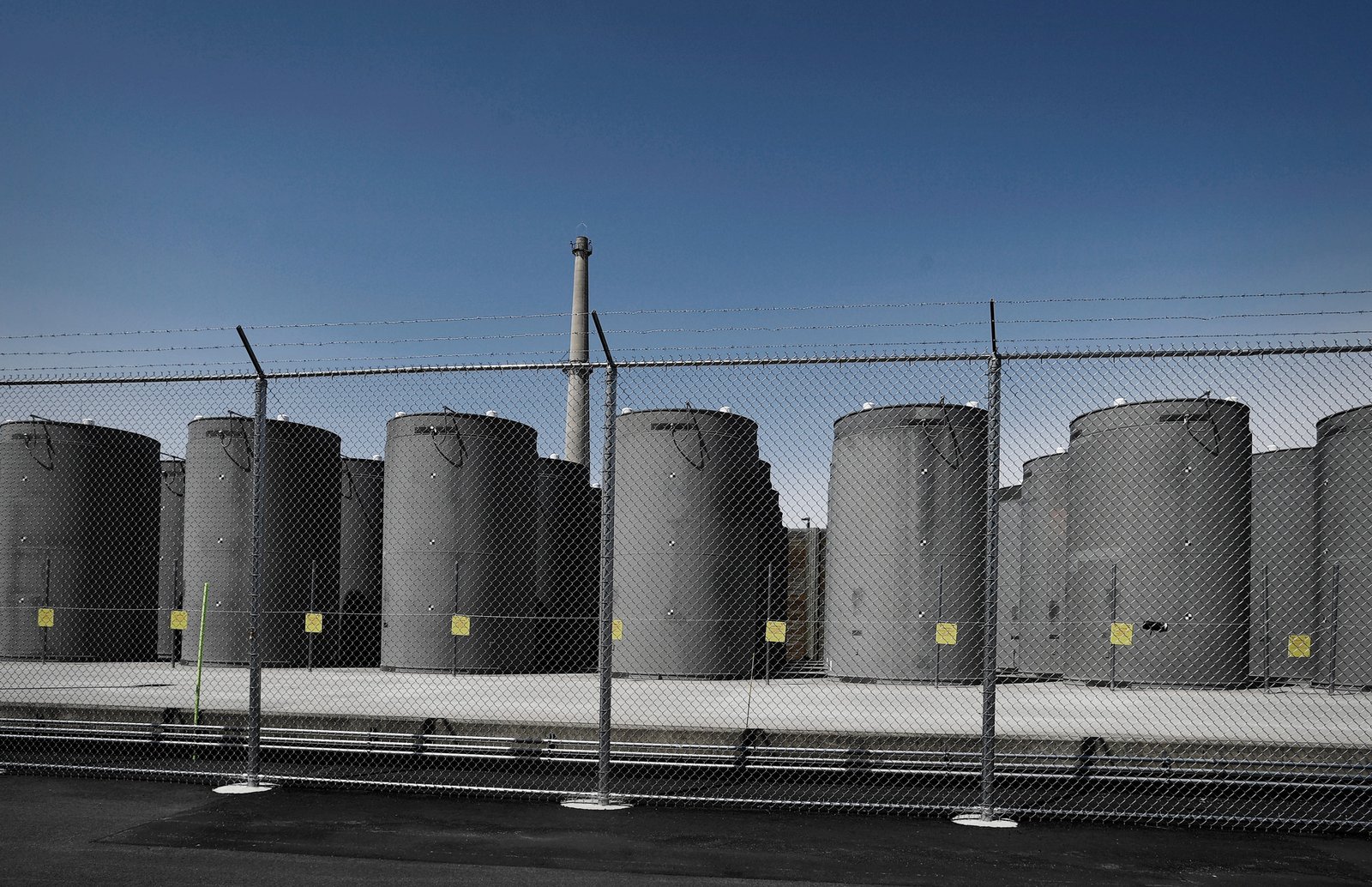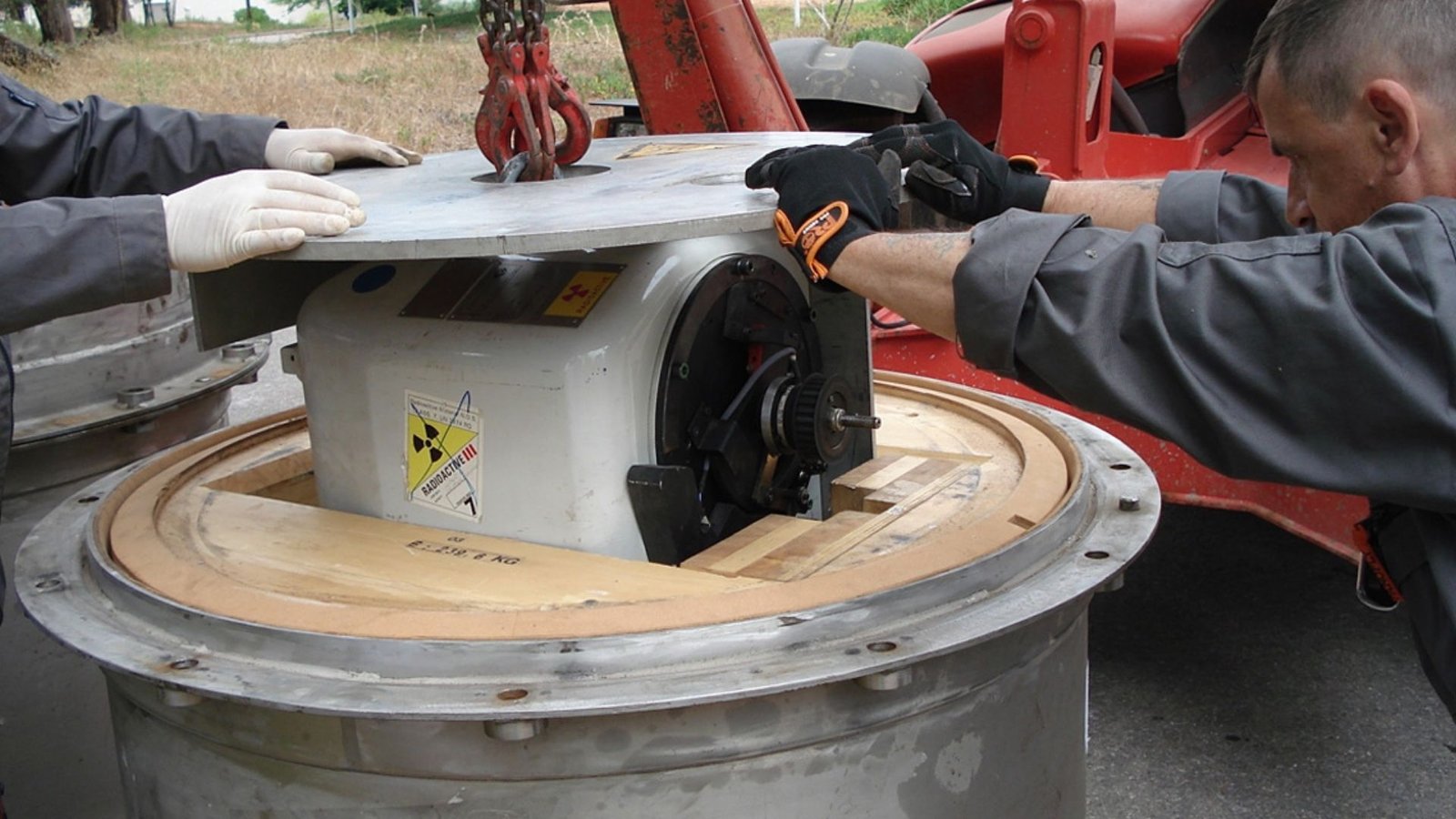Radioactive waste is a big problem for our planet. It comes from things like nuclear power plants and medical facilities. This waste can harm the environment and living things. In this blog post, we will look at the impact of radioactive waste on the environment.

What is Radioactive Waste?
First, let’s understand what radioactive waste is. It is waste that contains radioactive materials. These materials can be very harmful. They give off radiation, which is energy that can hurt living cells. As a result, radioactive waste can be dangerous to humans, animals, and plants.
How Does Radioactive Waste Affect the Environment?
Radioactive waste has several negative impacts on the environment. When this waste is not handled properly, it can leak into the soil and water. This leads to contamination, which is when harmful substances mix with safe ones.
For example, if radioactive waste seeps into the ground, it can poison the plants that grow there. Animals that eat these plants can also get sick. Moreover, when contaminated water enters rivers or lakes, fish and other wildlife can be harmed. Thus, the cycle continues, affecting the entire ecosystem.
Health Risks of Radioactive Waste
In addition to environmental harm, radioactive waste poses health risks to humans. People who live near areas where this waste is stored may be at risk. Radiation exposure can cause serious health problems. For instance, it can lead to cancer and other diseases.
Therefore, it is important to store radioactive waste safely. Unfortunately, many places do not have the proper systems in place. This makes the situation even more dangerous.
Safe Disposal Methods for Radioactive Waste
So, how can we deal with radioactive waste? There are a few ways to dispose of it safely. One method is deep geological storage. This means putting the waste deep underground where it cannot harm anyone. Scientists study the area to make sure it is safe for many years.
Another method is recycling. Some radioactive materials can be reused. This reduces the amount of waste we create. However, recycling must be done very carefully to avoid accidents.
The Role of Government and Regulations
Governments play an important role in managing radioactive waste. They create rules to ensure that waste is stored and disposed of safely. These regulations help protect both the environment and human health.
However, not all countries have the same laws. Some countries are stricter than others. As a result, some places may not manage their radioactive waste as well as they should. This can lead to serious environmental issues.
Public Awareness and Education
Another important part of solving the problem of radioactive waste is public awareness. People need to understand the risks and effects of radioactive waste. Education can help communities make better decisions about energy use and waste management.
When people know the dangers, they can push for better policies. They can also support renewable energy sources, which produce less waste. By promoting cleaner energy, we can reduce our dependence on nuclear power.
Conclusion: A Call to Action
In conclusion, the impact of radioactive waste on the environment is significant and concerning. It affects not only the natural world but also human health. Therefore, everyone must take action.
We must support safe disposal methods and stricter regulations. Moreover, raising awareness about the risks of radioactive waste is essential. Together, we can protect our environment for future generations.
Let’s work to reduce radioactive waste and its harmful effects. Every small step counts toward a healthier planet.
By understanding the impact of radioactive waste on the environment, we can create a safer and cleaner world for everyone.




